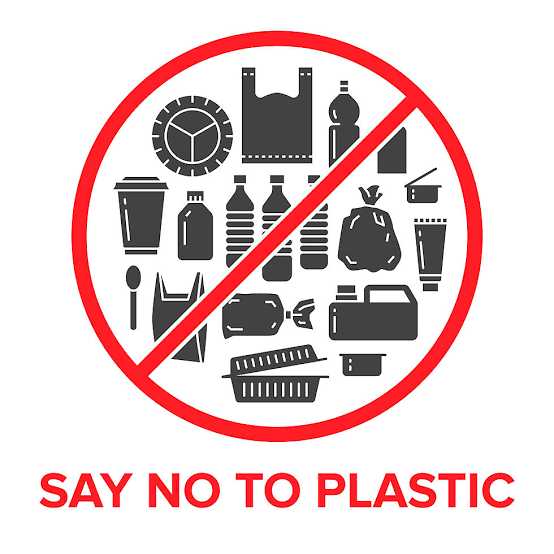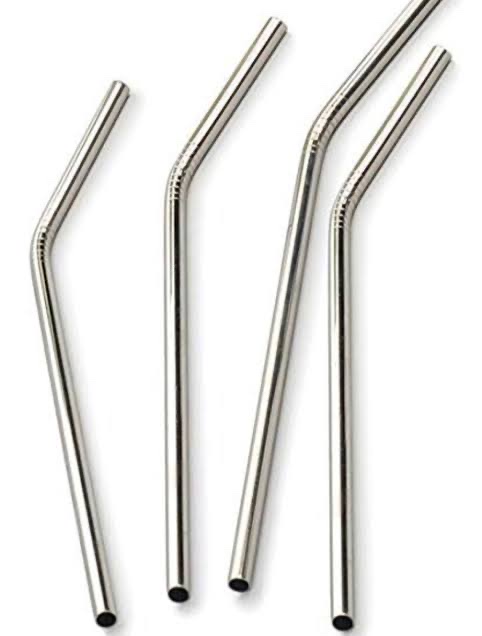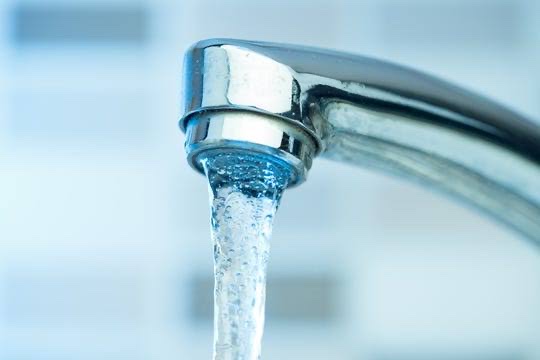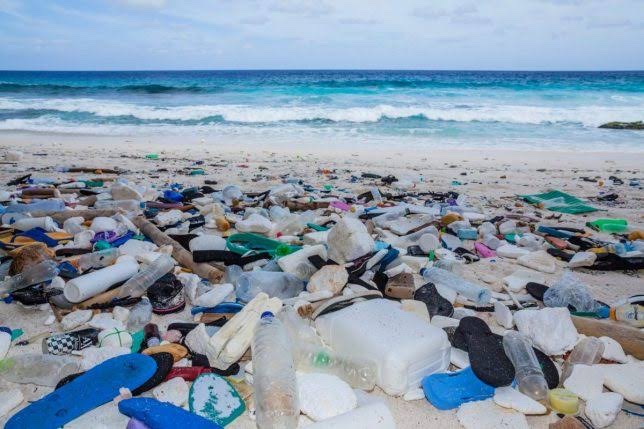Climate change is a real issue which needs to be seriously taken before things get worse. From drastic changes in weather patterns to rising sea levels to a thinning of ozone layers, the impacts of climate change are disastrous and dangerous. If we don’t take action today, it could become more and more difficult to adapt in the near future. Here are a few ways you can contribute to helping the environment:
Say no to plastic
Plastic is not only harmful to the environment, causes pollution, kills marine life especially because the waste is thrown in the seas and oceans. It also takes time to decompose which is why it is advisable to stop the use of plastic and switch to Eco friendly material such as biodegradable bags which can be reused over and over again.
Switch to metal straws
Just like reusable bags, reusable metal straws are a good alternative to plastic straws. A metal straw comes with a spoolie type of brush with which you can clean the inside of the straw. It is hygienic as well as you are the only one using it.
Stop wastage of paper
We all know how many trees are chopped off for making paper. Paper is a product we all use and need in our day to day chores of our lives. Use as less paper as you can. Don’t let kids scribble for no reason or while they do their homework, make them use the whole page before moving on to the next one. You should do the same if you’re using paper for writing down errands to run or work use.
Stop wastage of water
Just like paper, water is essential for everyday use. It is used for cleaning, cooking, bathing, drinking, etc. Freshwater is a scarce resource which is not renewable. It is better to conserve it before we run out fast. While brushing our teeth, we should turn off the tap so running water is not wasted. While having a shower, only necessary amount of water should be used. Not only humans but animals and plants also need water so we should be kind and think about them as well.
Stop littering
Garbage that is not dumped in the proper places causes extreme problems to the atmosphere, animals and even our lives. Littering looks unpleasant and has a stench smell while making the area around come across as unkempt. Littering also causes soil, air and water pollution as substances can emit harmful chemicals. Some wastes such as plastic even take time to decompose which is hazardous for the environment as they readily emit toxic chemicals while in the process. Litter also becomes a breeding ground for mosquitoes which becomes the root cause for diseases such as dengue, malaria, etc. Alternatively, stray animals can be harmed or killed if they go searching for food in the litter by materials such as glass or bags. If litter is dumped in the seas and oceans, marine life is also prone to harm by accidentally getting entangled in the waste.








